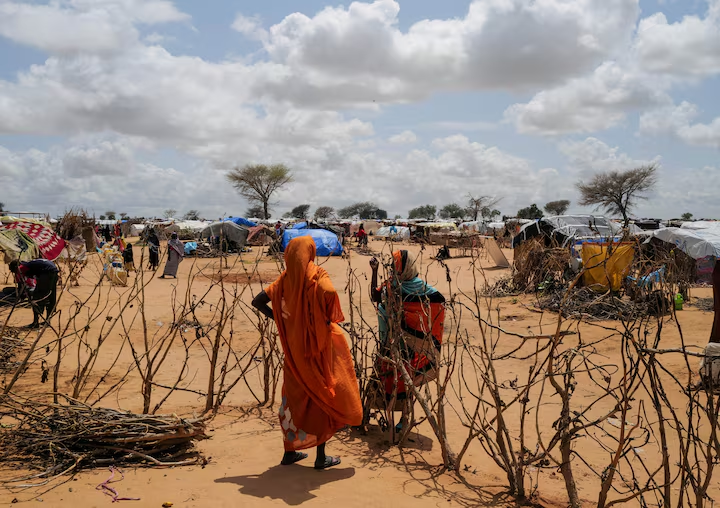A major investigative leak has revealed a covert network of Russian state-sponsored propaganda operations in Bulgaria, exposing how Kremlin-linked entities have been funneling money to local organizations, media outlets, and influencers to spread pro-Russian narratives and destabilize Bulgarian society. The findings were published on May 21, 2025, by Bulgarian outlet Dnevnik, in collaboration with European intelligence sources.
The documents, reportedly obtained from internal communications within Russian diplomatic circles and state-backed NGOs, outline a detailed strategy aimed at swaying Bulgarian public opinion, undermining support for Ukraine, and influencing domestic politics in favor of Moscow’s interests.
“This leak confirms what many have suspected — that Bulgaria is a key front in Russia’s hybrid war against Europe,” said a senior EU security official.
Propaganda Mechanism Exposed
According to the leak, funds were channeled through shell companies, cultural exchange programs, and anonymous cryptocurrency transfers. These resources supported media platforms, online influencers, and even political campaign donations tied to fringe parties with nationalist or anti-EU agendas.
Among the exposed entities were several Bulgarian-language websites known for publishing anti-Western disinformation, as well as non-governmental groups that hosted “peace forums” echoing Kremlin talking points about NATO and Ukraine.
The operation appears to have intensified in early 2024, shortly after Bulgaria approved expanded military aid to Kyiv and backed EU sanctions against Moscow.
🇧🇬 Political Reactions and National Security Response
The Bulgarian government responded swiftly. Prime Minister Nikolai Denkov vowed to open a full investigation, warning that foreign interference in domestic politics is a threat to national sovereignty.
“We will not allow Bulgaria to be used as a Trojan horse for Kremlin disinformation,” Denkov stated. “Those complicit in spreading propaganda and taking money from hostile states will be held accountable.”
Bulgaria’s State Agency for National Security (DANS) is now examining financial records, online activity, and media content linked to the network. Arrests or asset freezes are expected as part of the legal response.
The leak is also likely to have implications for Bulgaria’s upcoming local elections, with several candidates now facing scrutiny over potential Russian funding links.
Regional and EU-Wide Impact
European Union officials have expressed alarm over the revelations, particularly as hybrid threats from Russia continue to evolve. EU Commission Vice President Věra Jourová called the leak “deeply troubling” and confirmed that Brussels would provide assistance to Bulgaria in the form of cybersecurity and intelligence support.
The leak also adds pressure on other EU member states to audit their own vulnerabilities to Russian soft power and propaganda networks — many of which follow similar models through “cultural” institutions and digital influence campaigns.
Background: Russia’s Disinformation Strategy
This is not the first time Bulgaria has been identified as a target of Russian influence operations. A 2023 report by NATO’s Strategic Communications Centre warned that Bulgaria’s linguistic, cultural, and historical ties to Russia made it especially susceptible to Kremlin narratives.
Russia’s strategic goal appears to be eroding trust in Western institutions, polarizing societies, and sowing doubt about EU and NATO partnerships — all while positioning Moscow as a legitimate alternative power center.
“Russia doesn’t need to win militarily to win strategically — it only needs to divide and confuse,” said Dr. Elena Vassileva, a cybersecurity expert at Sofia University.
Next Steps and Accountability
The Bulgarian government has pledged to:
- Launch criminal investigations into funding sources
- Increase media transparency requirements
- Bolster public education on media literacy and foreign influence
- Cooperate with EU disinformation task forces
As the leak continues to be analyzed, more names and organizations are expected to be revealed in the coming days. Meanwhile, Bulgaria joins the growing list of European nations waking up to the real-time battle for information sovereignty.
“This is a wake-up call,” Denkov said. “We must defend not just our borders — but our minds and values.”
Source; Novinite



